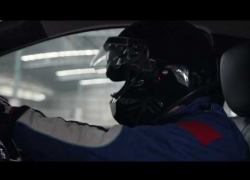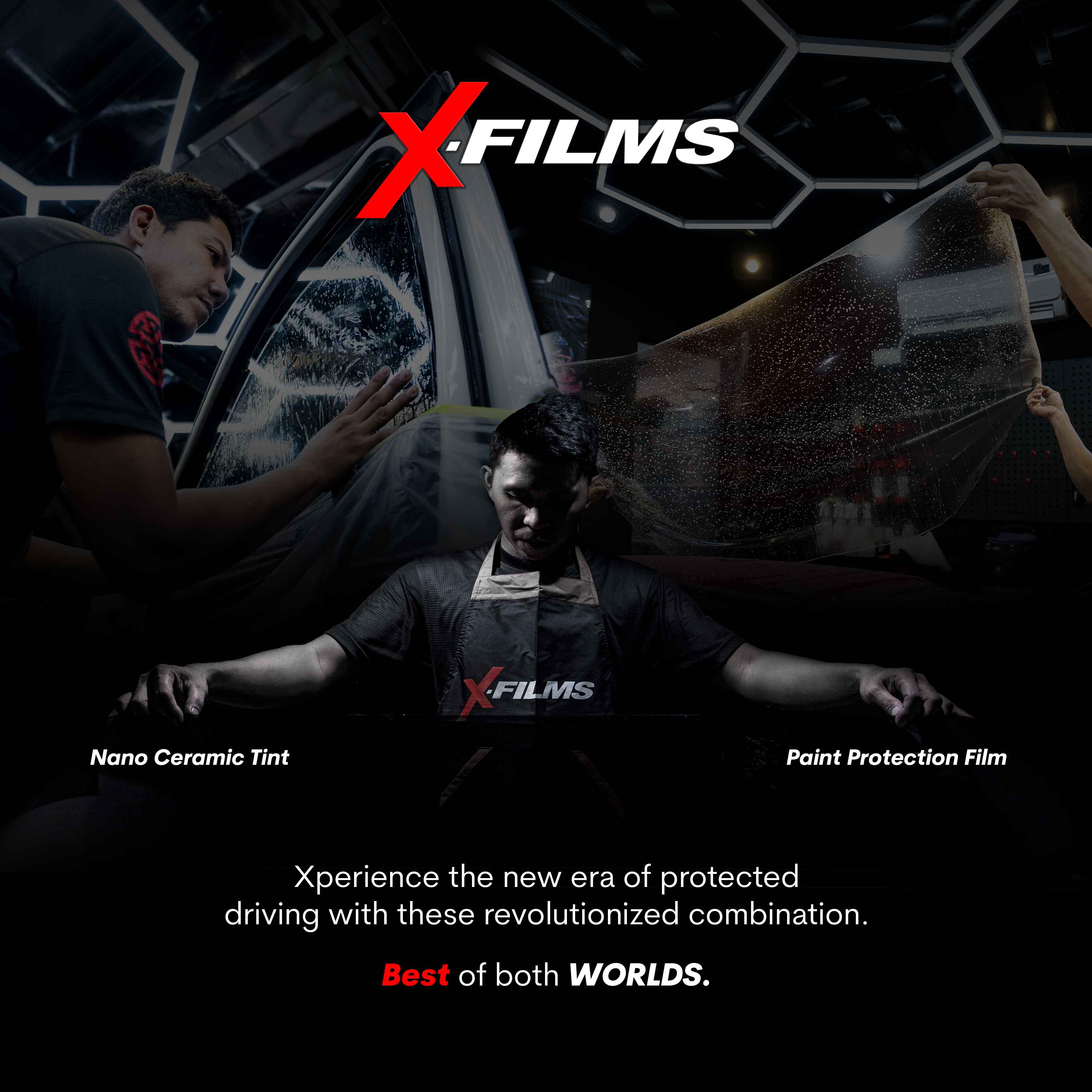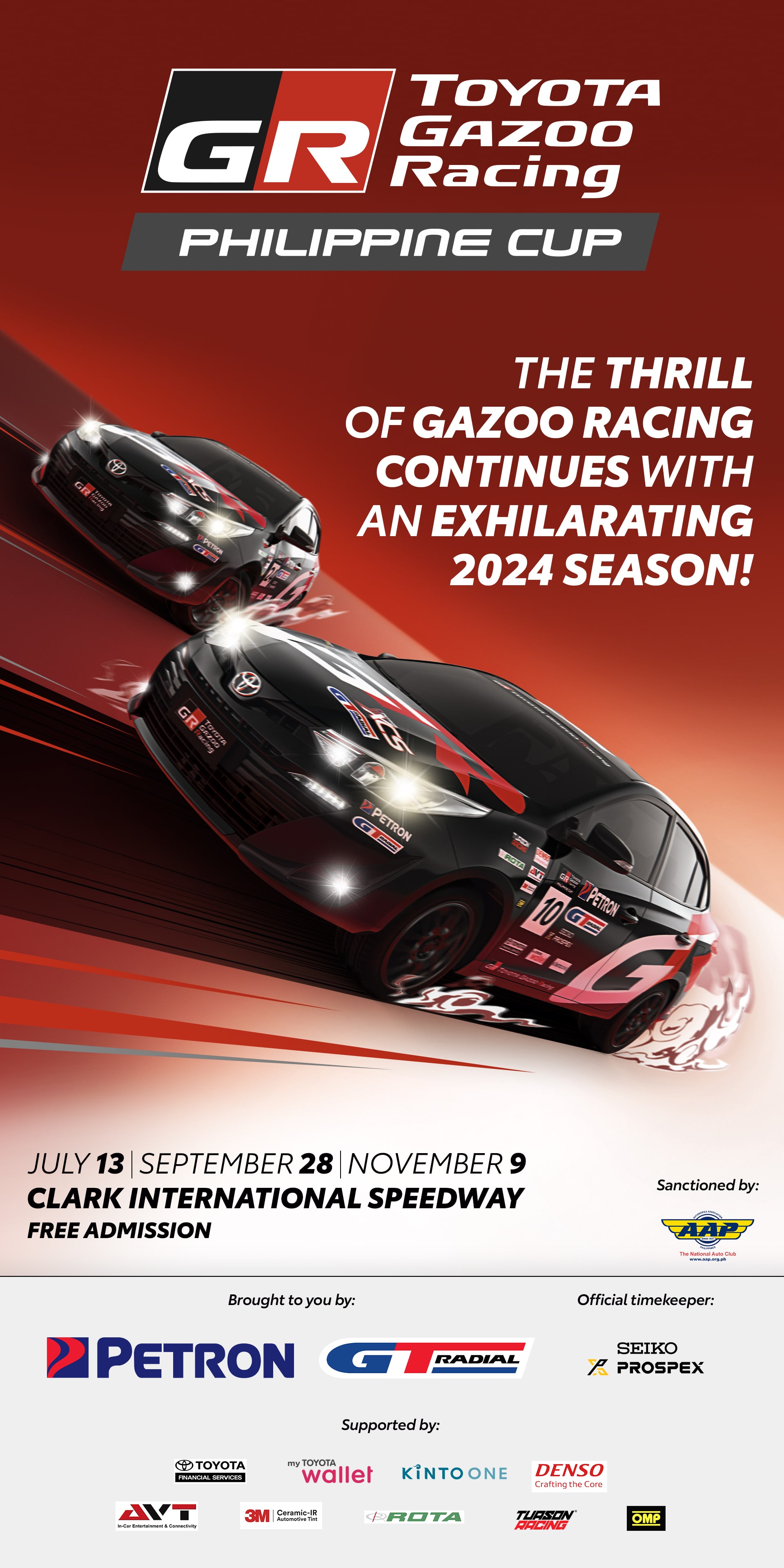Last year, I wrote a short piece called 5 bad habits that Pinoy drivers don’t even know are wrong. Unsurprisingly, the piece divided a lot of people because, as the title stated, many still believe that there's nothing wrong with stuff like driving with your hazards on in the rains etc.
But what about our enforcers? In theory they should know the law as well as the guy behind the counter at McDonalds knows the menu. Sadly, it's quite the opposite where we see enforcers flagging motorists down without the foggiest idea as to why. Worse, they sometimes make up their own violations and franchise that stupidity out to other LGUs. And before we know it, that shit turns to clay and ends up sticking.
So here, my friends, in no particular order, are the top 5 rules that even our own enforcers don't even know they're breaking.
Swerving.
Ranked somewhere up there with the meaning of life when trying to debate it with a traffic cop, this highly-subjective, best-selling violation has caught out even the most seasoned Metro Manila driver simply because there really is no such thing––at least not in the way they are trying to imply it.
Put simply, swerving is when you either turn sharply to avoid something or when you keep straying from your lane without indicating. It is NOT when you change lanes to go on to the over pass or underpass––which is exactly how they like to apply it over here. Yes it is true that you cannot change lanes at the last minute to make your exit, which is why there should be a solid white line preceding the exit or the divider between the over/underpass. If you cross that line, you should be charged with improper lane change. Not swerving.
Mobile Anti Smoke Belching Units (ASBU)
They set up in bottlenecks or have guys straddle all 5 lanes on EDSA, create even more traffic (which creates more pollution) just to enforce a law that they should have already done during the renewal of your vehicle's registration. It is no different to randomly stopping a race car or an athlete in the middle of their race to check if they are drug free or within technical regulations. There's a time and a place for these things, and peak hour on a major road that doesn't allow pedestrians is definitely not one of them.
Even with the drunk driving law, which you could argue is a lot more important than this, they need probable cause before stopping you. Much more the ASBU. The fact that they target certain vehicles based on their engines is discriminatory and unconstitutional. If they argue that it is a checkpoint, they would need proper clearance for that and then adhere to our national checkpoint laws, which does not allow them access to your vehicle, much less sticking something up your rear end. Then there's the fact that they are violating the anti-jaywalking law to enforce an ordinance.
Too many oxymorons and legal minefields for me to deal with in 800 words,but I think you get the drift.
Over riding the traffic lights
We've all seen it, especially in the Republic of Makati, the light is green but nobody is moving because the friendly MAPSA officer is directing traffic on the other side. So who do you follow?The internationally approved and recognised traffic signal, or the cop that's contradicting it?
Legally, a cop is allowed to take over an intersection. But only if the traffic signal is either broken or has been switched to flashing yellow or red to alert motorists.
Taking your plates
Recently, during the last VIOS Cup held in Clark International Speedway in Pampanga, Toyota drew a record crowd into the track. But celebrations were cut short for some as they found out that the Clark police or base officers were taking their plates because they were illegally parked on the road outside the track. I spoke to the LTO official spokesman, Jason Salvador, about this and he stressed again what I have been saying for years: Only the LTO can take back your plates. And even then, only after giving you a fair trial.
Taking your driver's license
In that same conversation with Mr.Salvador, I asked him again about the practice of taking a person's driver's license and he agreed that, yes, only the issuing body can revoke your license, and then again, only once that person has had a chance to defend himself against the accusations made against him.
The idea of confiscating a person's license for a traffic infringement poses very serious constitutional problems. It firstly strips you of your right of being innocent until proven guilty by penalising you immediately. Second, unless there's a temporary license issued by the LTO given in its replacement, the enforcer is now forcing you to commit a crime by making you drive away unlicensed, which loosely translated is grave coercion under the revised penal code.
They will argue that they have issued you a traffic violation receipt, (TVR) but as that is a local government document, the next city you drive through have every right to not recognise it. If you don't believe me, I challenge you to try and rent a car overseas with a TVR and see how far it gets you.
Bonus: No plate, no travel when you can't supply.



